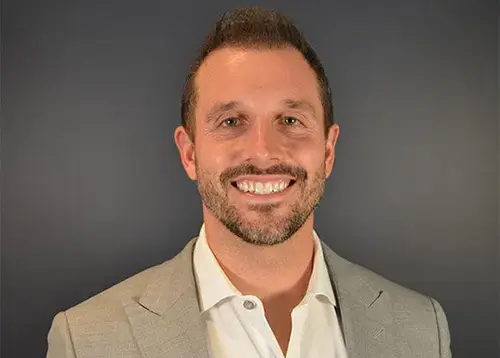What If I Already Gave Away My Assets? Medicaid Mistakes You Can Still Recover From
Gifting your home or savings may seem generous—but if you need long-term care, that decision can cost you. Here’s what to do if it’s already done.

Founder / Attorney

Michael L. RutkowskiMay 20, 2025
You created a trust to make life easier for the people you love. But what happens when that moment comes—when the plan you put in place needs to do its job?
It’s a question we hear often. And it’s not about paperwork, it’s about peace of mind. Knowing your family won’t be left guessing, fighting, or in limbo.
The good news? A thoughtfully designed trust does precisely what it’s meant to do: protect your legacy and guide your family through the following steps with clarity and care.
Let’s take a look at how that unfolds.
Once the person who created the trust (known as the grantor) passes away, the trust typically becomes irrevocable, meaning its terms can’t be changed. That’s not a bad thing; it’s actually a safeguard. It ensures your wishes are honored, without room for dispute or confusion.
But what matters is who’s in charge at that point.
You appointed this person in your trust to take over when you’re gone. The trustee’s role isn’t ceremonial—they step into your shoes to:
Whether a family member or a professional, the trustee’s job is to act in the best interests of the beneficiaries and to follow the trust exactly as it’s written.
If your loved ones are listed as beneficiaries, here’s what they can expect:
Having a trust in place gives your family a roadmap. Instead of scrambling to find documents or arguing over decisions, they’re supported by a structure you’ve already built for them.
The goal of a trust isn’t just legal—it’s deeply personal. It’s about ensuring your family is cared for, even when you’re not physically here to do it yourself.
A trust ensures:
That makes estate planning more than paperwork; it’s a lasting act of love.
If you already have a trust, it may be time for a quick review. If you’re just starting to think about it, you're in the right place. Either way, it begins with a conversation, and we’re here to guide you.
Estate Planning is an essential process that will protect your assets and ensure you’re your estate is distributed according to your wishes after your death.
Many people make mistakes when creating their estate plan, which can lead to unnecessary stress, confusion, and costly legal battles for their loved ones. Below, our estate planning team put together the top 10 and most common mistakes we see in estate planning.

Gifting your home or savings may seem generous—but if you need long-term care, that decision can cost you. Here’s what to do if it’s already done.

Founder / Attorney
That generous gift may feel right in the moment. But without a plan, it could cost you—and your kids—much more than you think.

Founder / Attorney
Protect your home with proactive medicaid planning to avoid costly Medicaid Estate Recovery with smart legal strategies before long-term care is needed.

Founder / Attorney